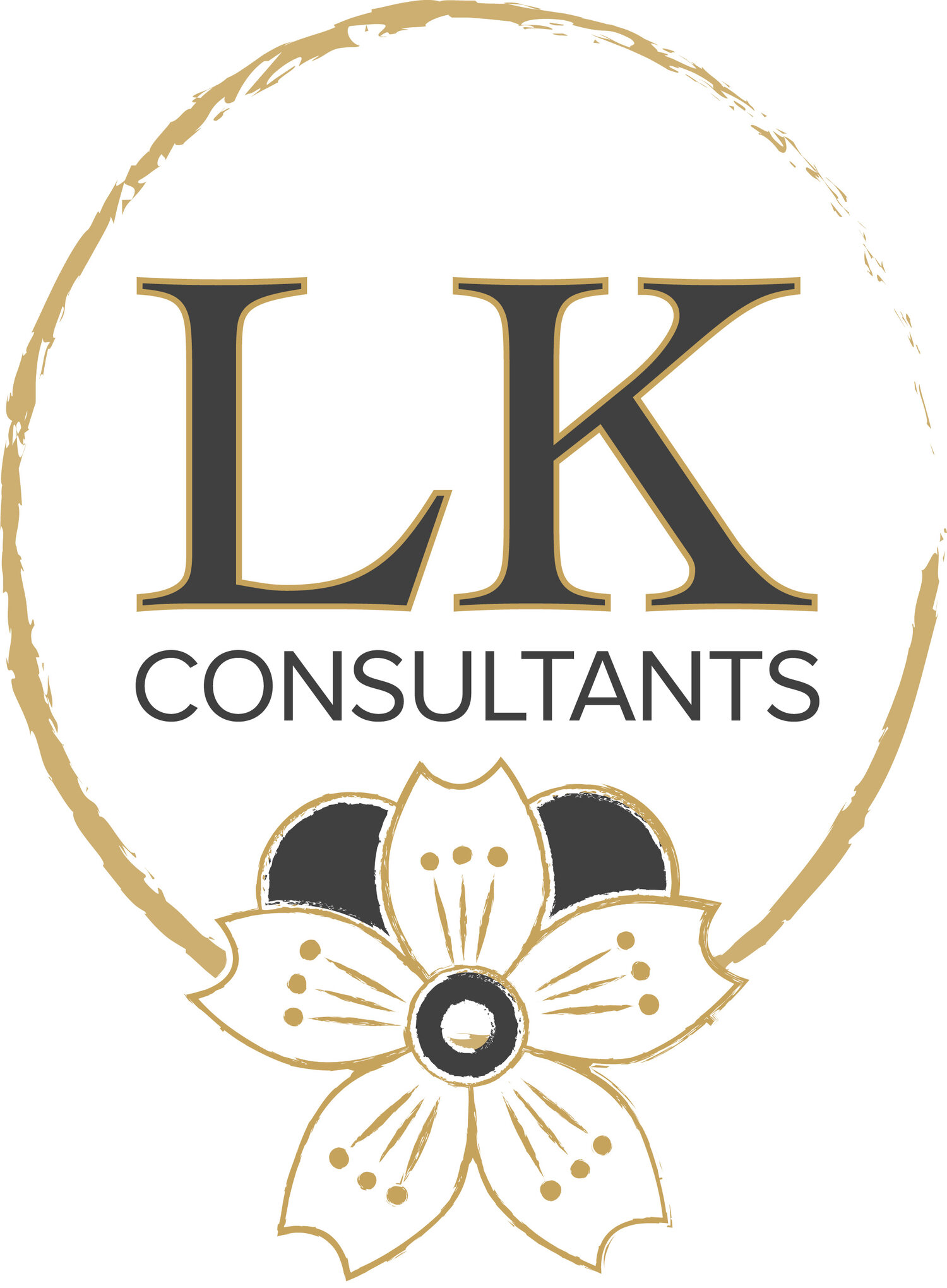Guest post, courtesy of Jean Charles of WSI Vital Marketing.
To find where to get a bite to eat while staying in a hotel in an unfamiliar city, you used to ask the concierge. Now, you type “restaurant” into your phone; based on geo-tagging, you are presented with nearby options. Consumers begin approximately 80% of their buying journey online, even for a low-tech service such as a haircut. Given that your business may have a limited budget and consumers have numerous choices, how do you stand out?
Some business owners have asked, “Is Paid Search (PPC), Search Engine Optimization (SEO), or developing content the best investment?”
The answer is: “it depends”. There’s no one size fits all. A few concepts to keep in mind are:
relevance
time-frame
intent
value
fit
user-experience
return on investment
RELEVANCE
The way to think about search is simply “what question is being asked and by whom”? Google has a huge valuation because surfers trust they’ll get relevant results. Would it be a good experience if the query were “mid-Atlantic colleges” and the websites returned featured automobiles?
A search query related to colleges might be the mother of a high-school sophomore who is just at the information gathering stage of a personal decision, the ultimate choice of which is still several years away. Someone searching for a plumber to repair a broken pipe has a more urgent decision to make.
TIMING
In terms of timing or user intent, even customers who are inclined to buy, may not be ready to buy right now.
So, is the product you provide one that requires a lot of research or is it one that is closer to an impulse buy? Those customers at the top of the decision funnel need to get to know you and then like you before they trust you enough to purchase.
What do you need to convey that would make a prospect consider choosing you? How are users “voting” for your content as measured by site traffic, page views, time spent, likes, re-tweets, or downloads?
Is your website’s message further amplified with your social properties? If the responses to these questions are generally positive, then begin thinking about how to drive more traffic to your website that is more likely to convert.
If you have excess capacity or perishable inventory, then PPC is your best option for immediate traffic - but the snag here is that you have to keep paying to attract more clicks. If you want to build a community that can engage in many ways, then content and SEO are likely to be better for the long term.
RETURN ON INVESTMENT (ROI)
Your return on investment will be a function of the volume related to your keywords, the cost of your marketing, the margin in converting a prospect into a customer, and getting customers to repeat or refer additional business to you.
An experienced marketer will not guarantee sales without having control over other elements that impact conversion such as pricing or reputation. However, they ought to be able to advise you on important metrics to gauge how you are progressing towards your objectives. You should hold the marketer accountable for those specifics.
It is important to be authentic in your presentation, because eventually phonies are exposed. With so many review sites available and in use, a disgruntled customer will call you out. A prospect can easily go to your competitor with a few keystrokes. After all, there are an estimated 1.8 billion websites vying to answer the 3.5 billion daily search engine queries.
If you’d like to view more resources about digital marketing, visit wsivitalmarketing.com or email Jean at jpcharles@wsivitalmarketing.com to set up your customized Internet Business Analysis.



